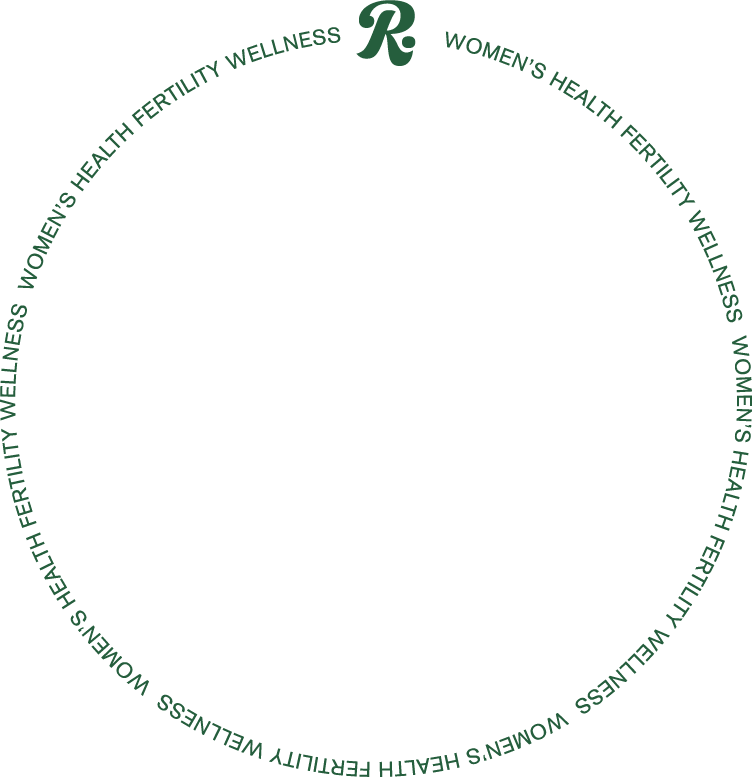Most women experience some array of unpleasant symptoms while menstruating. Many of us feel tired or constipated. Some report a loss of appetite or trouble sleeping. And let’s not get started on the bloating and cramps! It turns out that these seemingly unrelated symptoms all have a common cause: Hormonal changes.
While you can’t control your hormones on a whim, there are small, manageable lifestyle changes that can help minimize hormone-related symptoms like period bloating. Here’s what you need to know about why period bloat happens and what you can do about it.
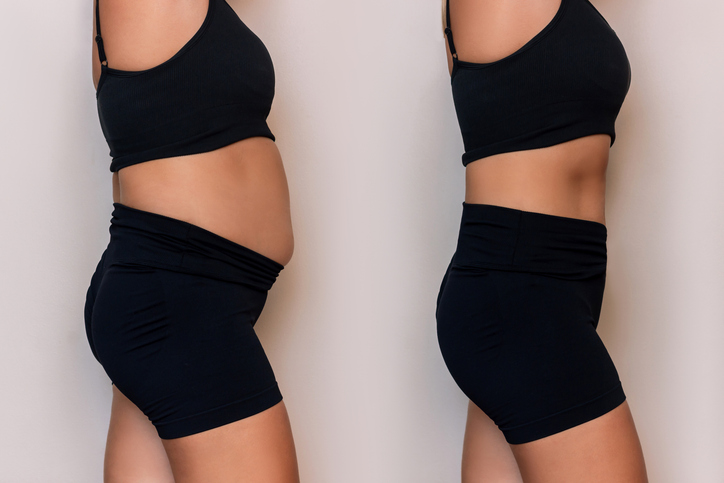
Why am I so bloated during my period?
Your hormone levels fluctuate throughout the month, with each phase of the menstrual cycle. Estrogen and progesterone are the primary players, and it turns out that they impact more than your sexual and reproductive health. In the few days before your period, estrogen and progesterone levels drop, triggering a cascade of symptoms that could lead to bloating.
According to Dorothy Bestoyong, DO, an OB/GYN based in Orlando, Florida, there are two main culprits behind period bloat: Fluid retention and constipation. She says fluctuations in estrogen and progesterone can cause your body to retain salt and water, and adds, “Also, your bowels can slow down.”
There are a few other factors that can contribute to bloating, even if they don’t directly cause it. Many women are less active during their periods, which can slow the digestive system even more. It’s also common to crave different foods during your period — and if the foods you crave are salty or low in fiber, they may contribute to feeling puffy or bloated.
5 tips to beat period bloating
Bloating during your period is entirely normal, but that doesn’t mean you can’t take steps to beat it. Here are some doctor-approved ways to minimize bloating during your next period.
1. Decrease your sodium intake. When you consume a lot of salt, your body retains water. Given that, Dr. Bestoyong suggests avoiding or limiting salty food in the days leading up to your period. Consider swapping out potato chips and salted nuts for fruits, vegetables, or even a few squares of iron-replenishing dark chocolate.
2. Stay hydrated. Proper hydration is critical to smooth bowel movements. Drinking water is also a great way to signal to your body that it’s OK to release the fluids and salt it is retaining. The Centers for Disease Control and Prevention (CDC) recommends boosting hydration through a mix of water and water-rich foods. Cucumbers, tomatoes, celery, watermelon, strawberries, and zucchini are all more than 90% water.
3. Lower stress. “Stress can also contribute to bloating and affect digestion,” says Dr. Bestoyong. She suggests implementing mindfulness practices like meditation or yoga. Even a simple walk outside in the sunshine can make a big difference when you’re feeling stressed.
4. Keep moving. It’s tempting to spend evenings curled up on the couch during your period, especially if you have menstrual cramps. However, regular exercise can help you feel better in several ways, from boosting your mood to stimulating bowel movements to help beat bloating.
5. Sip on ginger or peppermint tea. Drinking unsweetened herbal teas is a great way to boost hydration, but ginger and peppermint teas, in particular, are known to aid digestion, says Dr. Bestoyong. Research suggests that ginger isn’t just a digestive enhancer — its pain-relieving effects also make it a helpful remedy for period cramps and nausea.
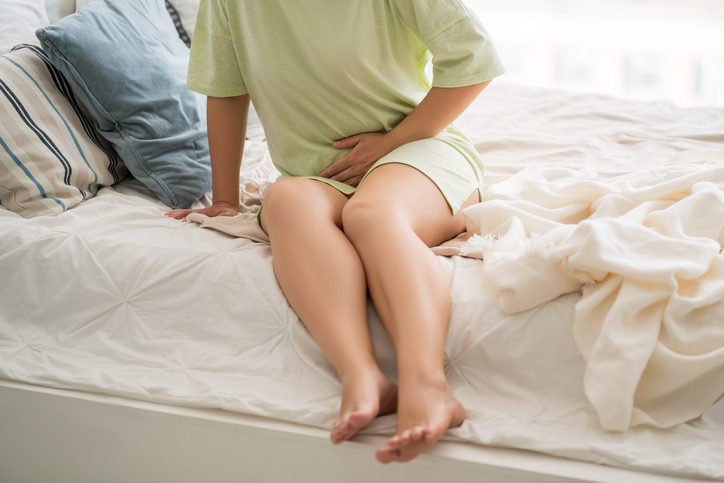
Is it period bloat, or could I be pregnant?
If you’re feeling bloated a few days before the estimated start of your next period, you might wonder, “Is this period bloating or pregnancy?” Bloating is an early hint of pregnancy, and PMS symptoms can begin around the same time as early pregnancy symptoms. So you’re not alone if you’re wondering, “Is this period bloating or pregnancy?” Your only real option is to wait and see — an emotional prospect if you are trying to conceive.
Home pregnancy tests have come a long way in recent years, but the earliest you can get an accurate positive pregnancy test is still eight days post-ovulation. Every person’s body is different, but on average, that would be about one week before your period would start.
Bottom line: You won’t know if you are pregnant until you can take an accurate pregnancy test, so for now, the best course of action is to take care of yourself by staying well-hydrated, exercising regularly, and managing stress as best you can.
When to seek medical advice for bloating
While bloating during your period is normal, chronic or severe bloating could indicate an underlying health issue. If your bloating is severe enough to interfere with daily activities or is accompanied by a change in bowel habits, bloody stools, or cramping that lasts beyond your period, it’s a good idea to seek medical advice. Your healthcare provider can offer personalized advice or order diagnostic tests to rule out underlying gastrointestinal or gynecological issues.
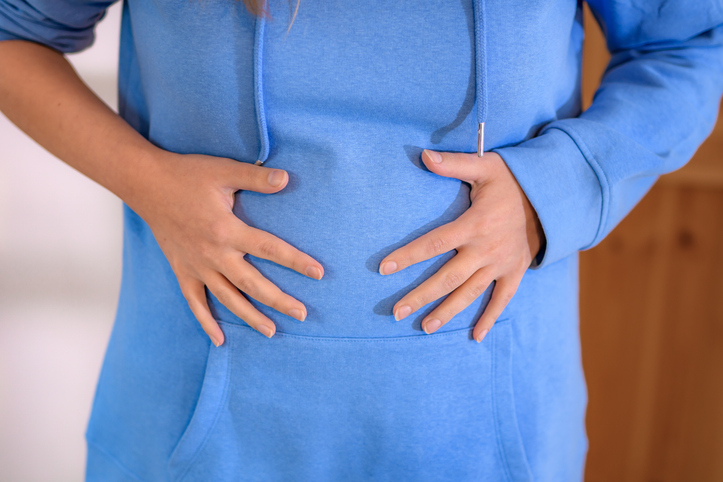
FAQs about bloating during period
Why is my bloating so bad on my period?
Bloating is a normal symptom of menstruation. Hormonal fluctuations just before and during your period cause your body to retain more water and temporarily slow your digestive system.
Does period bloating cause weight gain?
Temporarily, yes. It’s completely normal to weigh a bit more on your period. Research suggests that, on average, women carry one extra pound of water weight while menstruating.
What can I drink to debloat on my period?
Drinking water and unsweetened herbal teas can help you debloat on your period. Good hydration will help minimize water retention and keep your digestive system running smoothly.














.webp)

.png)

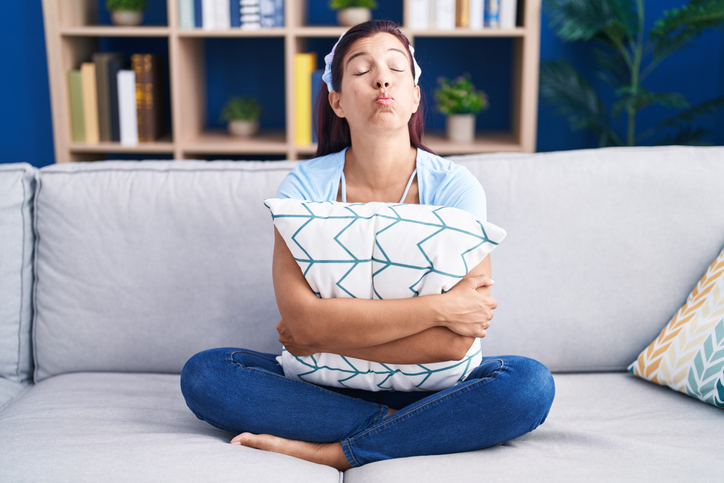
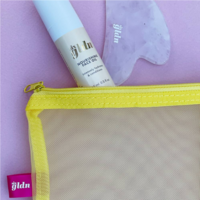
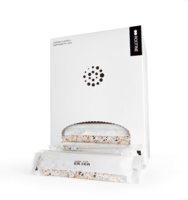





%20(Packaging%20May%20Vary)%20Beauty%20&%20Personal%20Care.png)
